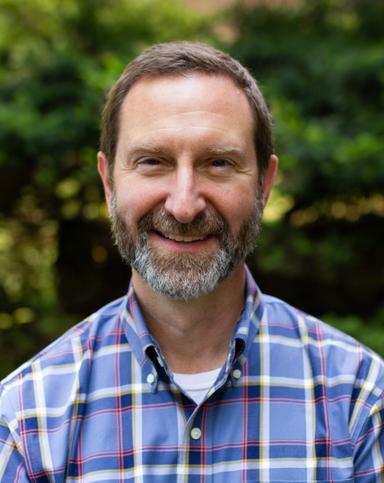Part 4 of a 7 part series: Part 1 | Part 2 | Part 3 | Part 5 | Part 6 | Part 7
Counseling and Physiology Class: Post 4 (Psychoactive Drugs…continued)
This past Monday we concluded our discussion of psychoactive medications. As I’ve thought about when it’s appropriate or not appropriate to use psychiatric medications, I’ve concluded the following: It depends. (How’s that for a definitive answer?!) In other words, the use or non-use of these medications is a wisdom issue, and depends on many different factors in the life of the individual I am counseling. The decision has to be contextualized to the person at hand and involves knowing their story and the contours of their struggle intimately enough to bring wise counsel that addresses the person holistically, body and spirit.
The Bible itself does not approach suffering or sin mono-dimensionally but in multifaceted ways. In light of that, here are some broader ideas that I try to keep in mind as I listen to a person’s story, particularly if they are asking about whether medication might be warranted:
It is a kingdom agenda to relieve suffering; it is a kingdom agenda to redeem suffering. As the Puritan Jeremiah Burroughs noted in his book The Rare Jewel of Christian Contentment, “Contentment is not opposed to all lawful seeking for help in different circumstances, nor to endeavoring to simply be delivered out of present afflictions by the use of lawful means.” The use of psychoactive medications may fall into this category of lawful relief.
Medications are a gift of God’s grace and they can be used idolatrously. Any good gift can be used in a way that displaces God, his glory and his good purposes and makes something else (comfort, escape, even “normality”) more ultimate. We have freedom to use—but not abuse.
Having too much suffering may be “hazardous” to one’s spiritual growth; having too little suffering may be “hazardous” to one’s spiritual growth. (Cf. Prov. 30:8b-9). Another way of putting this: God-centered contentment is elusive in want or in plenty, as Paul describes in Phil. 4:11-13.
A person can have wrong motives for wanting to take medication; a person can have wrong motives for not wanting to take medication.
Using medications may make it more difficult to access heart issues; not using medications may make it more difficult to access heart issues. I’ve seen it work both ways—a quick resort to medications, which ended someone’s desire to dive into counseling. . .and a failure to use medications, which hindered a person’s ability to think clearly.
The heart is the target in ministry—and so is the body! We do not minister to disembodied, generic souls! We believe in the hope of the resurrection and in New Creation, a very “earthy” future. Ministry, therefore, is holistic, taking into account bodily weakness and limitations, as well as our spiritual disposition.
Do you feel the tension? I do! Yes, it would be easier if we had “hard and fast rules” for the use or non-use of psychoactive medications in every situation. But maybe such a yearning just reflects a desire to avoid the complexity of life in a messy, fallen world. Wisdom is required to take the multifaceted truth of God’s Word into the multifaceted struggles of people’s lives. And that should make us desperately dependent upon God (Prov. 2:6).
Part four of a seven part series: Part 1 | Part 2 | Part 3 | Part 5 | Part 6 | Part 7



